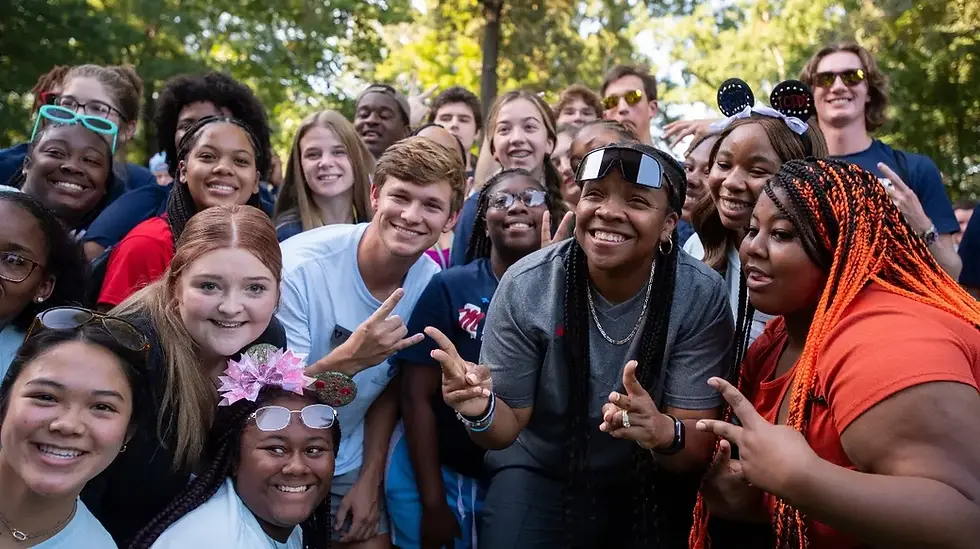'Ethnic studies lens' vs. 'e pluribus unum'
- Joanne Jacobs

- Apr 10, 2023
- 2 min read
Washington state plans to make ethnic studies a high school graduation requirement, but it's not clear what that means, writes David J. Ferrero on FAIR's site.

Instead of a stand-alone ethnic studies class, some want to revise courses, such as U.S. history or literature, to satisfy the requirement. Others go farther: They're pushing for all courses in all subjects and all grades to be taught through an ethnic studies "lens."
This is a very bad idea, argues Ferrero.
"Ethnic studies nurtures students’ racial and ethnic identities," stressing differences and power struggles between groups, he writes. That rejects "one of the founding rationales for universal public education, which is to bridge ethnic and religious differences in the service of forging a shared civic identity — e pluribus unum."
Schools should teach ethnic and racial histories, including injustices and racism, through multiple lenses rather than favoring single point of view, Ferrero writes. Teach history.
Ethnic studies, on the other hand, is the lens. Its origins lie in the radical student movement of the 1960s and was created explicitly to underwrite a liberationist cultural politics. . . . advocates vigorously insist that ethnic studies is not “liberal multiculturalism,” which they disparage as “white-washing” — white supremacy with a smiley face.
"The indiscriminate use of white supremacy, oppression, racial trauma, colonial trauma, resistance, and healing in ethnic studies literature is "the histrionic rhetoric of the zealot," he writes.
"I expect ethnic studies to show up in most classrooms as a neutered and incoherent muddle," writes Ferrero. "Disagreeable maybe, but not disastrous." However, he wonders why legislators and educators have abandoned the unfinished quest for e pluribus unum.
California should dump its ethnic studies requirement -- a stand-alone high school class -- writes Tammi Rossman-Benjamin. She directs the AMCHA Initiative, which fights anti-Semitism.
The 2021 law won't go into effect till it's funded, she writes. Legislators added last-minute "guardrail" amendments to ensure that required ethnic studies courses would be “free from bias or bigotry and appropriate for all students.”
Two years prior, a controversial curriculum was rejected "because of its divisiveness and overtly anti-Jewish content," Rossman-Benjamin writes. Activist-educators, now calling themselves the Liberated Ethnic Studies Model Curriculum Coalition (LESMCC) have persuaded a number of school districts to use the rejected curriculum. "Liberated" professors at state universities are training future ethnic studies teachers in their approach.



So, I once thought we shouldn't have an African American History Museum because African American history is American history. You can't teach an honest, accurate history without teaching African American history. But here's the problem with my old view: you can teach a dishonest, inaccurate American history without teaching African American history, and that's what many white people want to do. So--until that is no longer the case, I'm afraid we need the African American History Museum. And ethnic studies. Because you can't teach an honest, accurate American history without talking about the contributions of Mexican American history, Native American history, Japanese American history, Chinese American history, Irish American history, Italian American history, Jewish American history, etc. The old way…
This Freire-inspired Marxism should be rejected. Instead, compulsory education in social humanities & sciences should focus on history, with vocationally oriented youth going on to study society as part of their general education, while college-bound students have their knowledge of American history and social studies certified at ordinary, then standard levels, being included in the modern world history that should form part of the compulsory core of their general education.